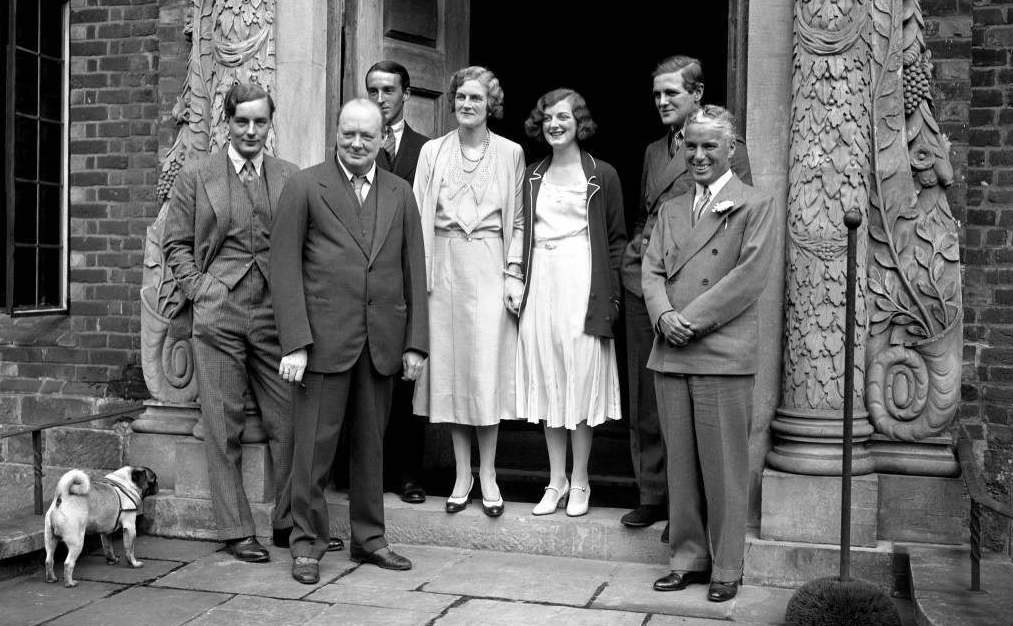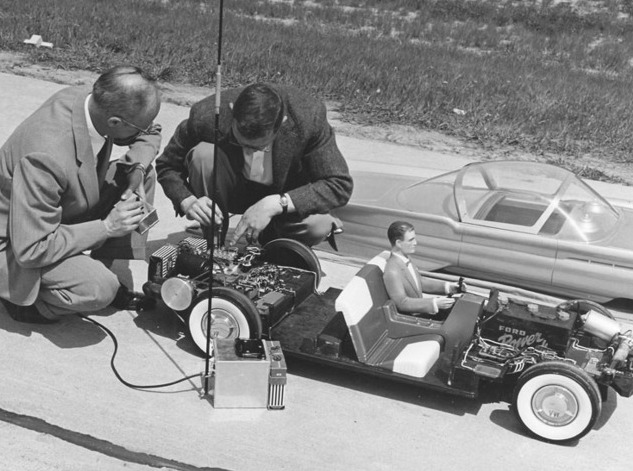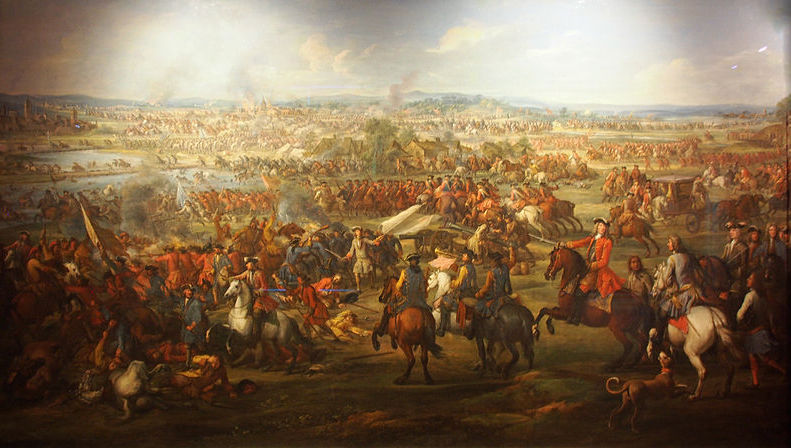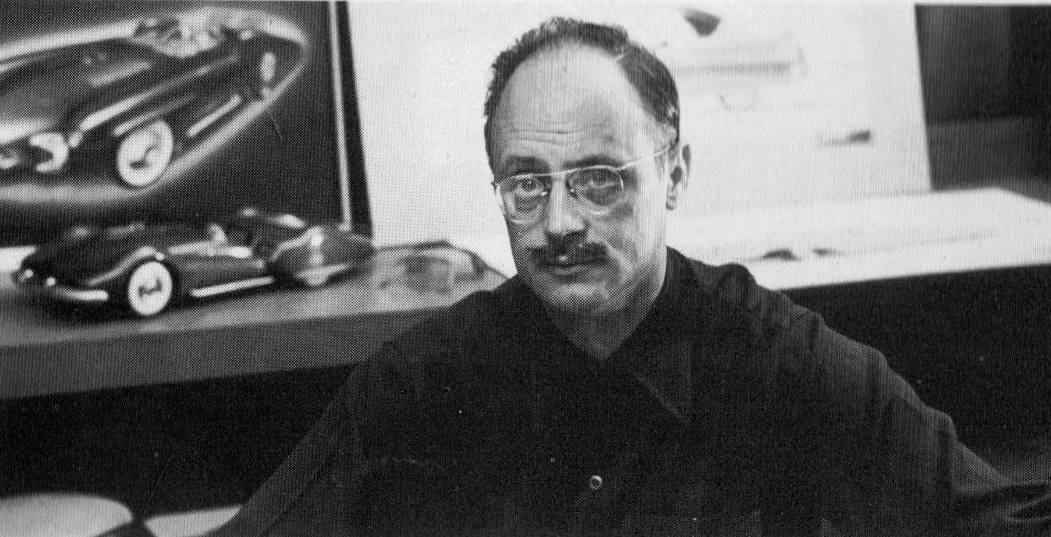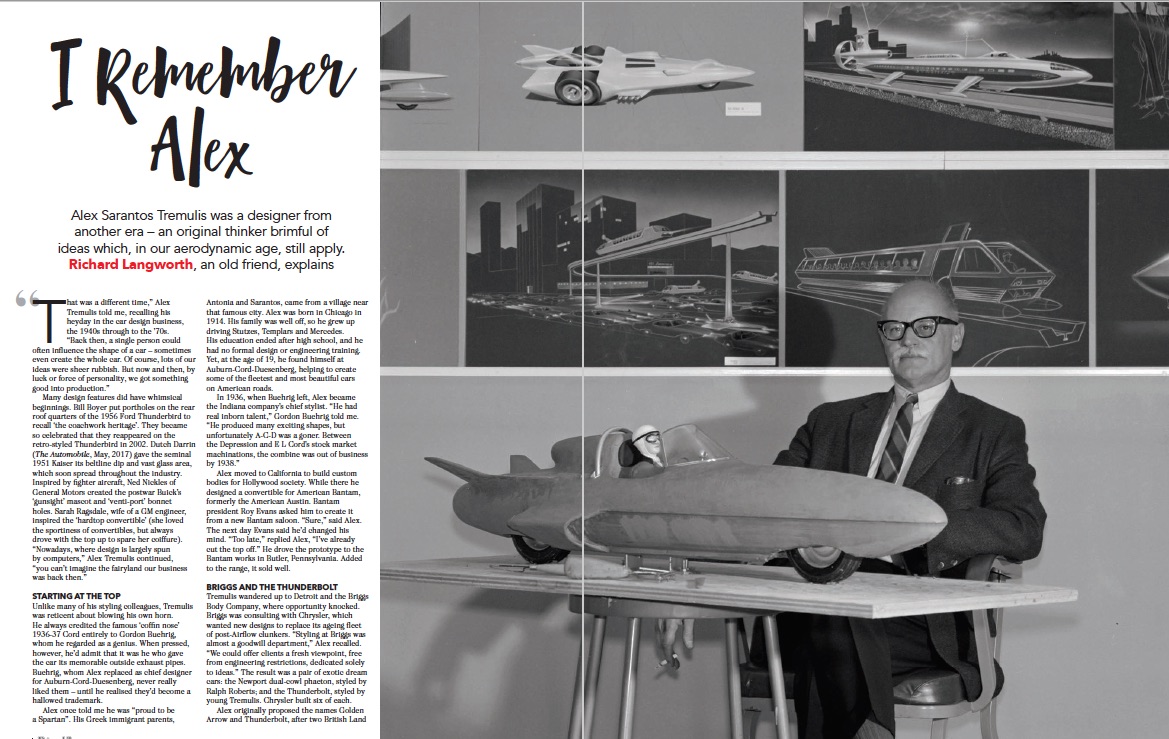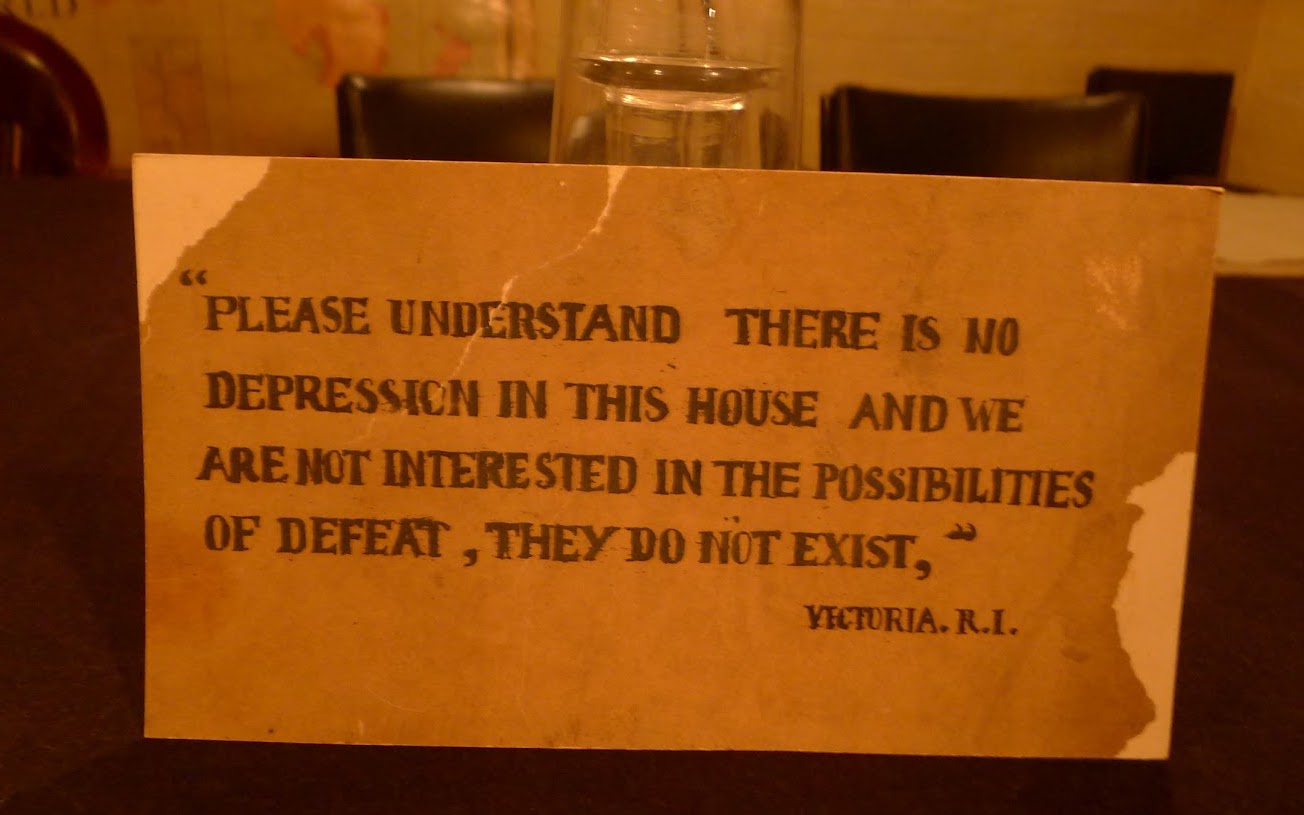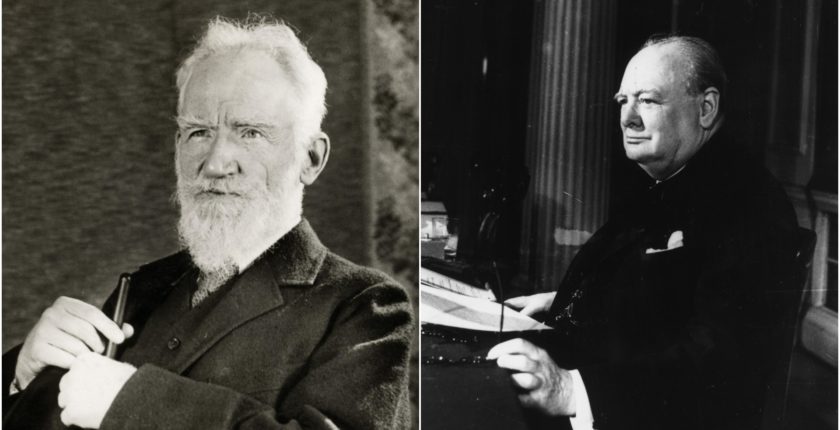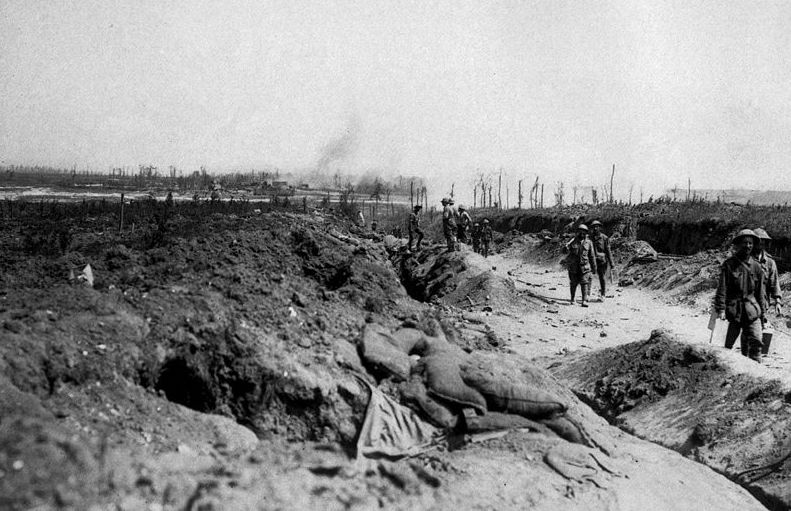
Alistair Cooke: Why didn’t They Listen to Churchill?
Alistair Cooke addressed this question over thirty years ago. I’ve quoted his words repeatedly over the years. A recent comment (reprised below), encouraged this revision from 2011. Mr. Cooke’s full speech is available by email. RML
Back in the 1930s, who all denounced and criticized Churchill for his beliefs in the radical Nazi Germany? Who specifically mocked him? Obviously Churchill was right about Hitler and his plans but who in the political, intellectual, or entertainment arenas vilified him? —A.H.
The answer to your question, I think, is “just about everybody,” from the Royal Family to ordinary citizens, most of the media, his own party, the Labour and Liberal parties, and certainly most intellectuals and entertainment personalities.…

